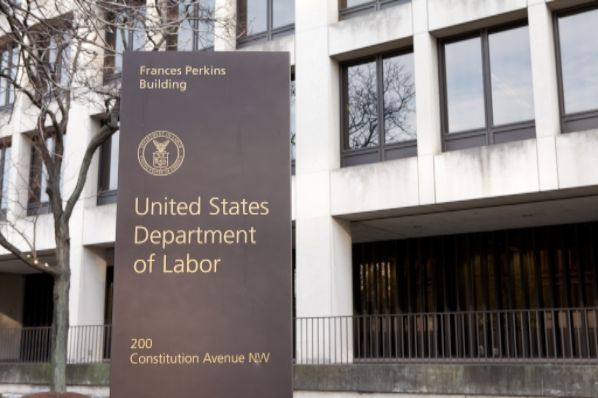The nomination of Andrew Puzder for the post of Labor secretary is being seen as a direct challenge to the minimum wage hike lobby.
Amity Shlaes, Calvin Coolidge biographer and one of the best economic writers we have, however, says it's much more than that:
But offering up a fast-food entrepreneur for the Labor post does more than offend a particular interest group. The Puzder nomination represents a structural blow to the whole edifice that we have called “Labor Relations” since the Department of Labor was created more than 100 years ago.
Puzder is head of CKE, the restaurant chain that owns Carl’s Jr. and Hardee’s and through the company of franchises employs 75,000 people. A portion of these earn the minimum wage, and Puzder knows a lot about wages and business sustainability. But the press is likely to give him a bum rap. Shlaes writes:
Whatever the press says, Puzder’s main point isn’t that all regulation must be ended, but that it must be crafted so that it doesn’t kill jobs. This is a reasonable enough argument, coming straight out of multiple practical experiences.
Shlaes points out that Puzder will be a break with tradition for head of a department that was created by Progressives and operated under the notion that it is the duty of government to support labor unions. Big Labor, Big Business and government were the three parties at the table (sometimes an academic was added). Small businesses, non-union workers, or marginal company owners or innovators were not considered.
Labor secretaries came from union leadership until the fourth one, Frances Perkins, an academic and government official, appointed by FDR. Perkins "helped elevate the Department of Labor from office to edifice." Under Perkins, data was collected and a minimum wage was first established.
The first secretary to break the mold was Raymond Donovan, Ronald Reagan's choice. Donovan was attacked relentlessly and, after being acquitted of the accusation that led to a humiliating resignation, asked, "To which office do I go to get my reputation back?" Elaine Chao and several other secretaries after Donovan have fought for the private sector, but Puzder brings, Shlaes argues, the most important expertise to the job.
Shlaes portrays Puzder as a gutsy choice:
It takes chutzpah, however, to select for a cabinet post someone from the fast-food industry, a sector that in Washington enjoys nowhere near the status of public-sector unions or hi tech. Left-leaning periodicals vilify fast-food executive for sport.
But maybe chutzpah is necessary. The fact is that Democrats have long counted on Republican presidential winners being too timid to appoint a Labor Secretary who might challenge Big Labor. The prospect of the victory of the non-timid Trump is the only way to explain why Puzder’s otherwise genteel predecessor, Thomas Perez, a former assistant attorney general for civil rights, actually descended dangerously close to scatology when asked to comment on the merits of the then-Republican candidate. Said Perez: “There’s a reason his name rhymes with dump.”
If confirmed, Puzder is likely to do something that demonstrates the economy expands better without government, powered by those shadowy figures who don’t usually win places at the top table. He’s likely, too, to remind us that a union-tilted Labor Department doesn’t necessarily serve the country best. After such an appointment—and the change of a few laws—our business culture will change. And labor—the lower-case kind—which includes both workers and employers, may finally show Big Labor and the rest of us what it can do.


